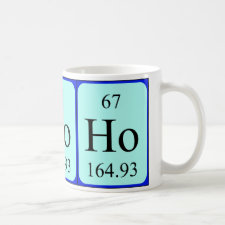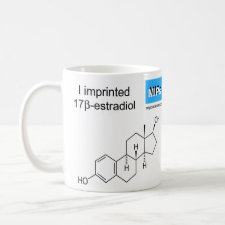
Authors: Wang S, Li Y, Wu XL, Ding MJ, Yuan LH, Wang RY, Wen TT, Zhang J, Chen LN, Zhou XM, Li F
Article Title: Construction of uniformly sized pseudo template imprinted polymers coupled with HPLC-UV for the selective extraction and determination of trace estrogens in chicken tissue samples.
Publication date: 2011
Journal: Journal of Hazardous Materials
Volume: 186
Issue: (2-3)
Page numbers: 1513-1519.
DOI: 10.1016/j.jhazmat.2010.12.026
Alternative URL: http://www.sciencedirect.com/science/article/B6TGF-51P9TCY-5/2/6d2bab9f314c5bf5d48272419696665d
Abstract: To assess the potential risks associated with the environmental exposure of steroid estrogens, a novel highly efficient and selective estrogen enrichment procedure based on the use of molecularly imprinted polymer has been developed and evaluated. Herein, analogue of estrogens, namely 17-ethyl estradiol (EE2) was used as the pseudo template, to avoid the leakage of a trace amount of the target analytes. The resulting pseudo molecularly imprinted polymers (PMIPs) showed large sorption capacity, high recognition ability and fast binding kinetics for estrogens. Moreover, using these imprinted particles as dispersive solid-phase extraction (DSPE) materials, the amounts of three estrogens (E1, E2 and E3) which were detected by HPLC-UV from the chicken tissue samples were 0.28, 0.31 and 0.17 μg g-1, and the recoveries were 72.5-78.7%, 90.3-95.2% and 80.5-83.6% in spiked chicken tissue samples with RSD <7%, respectively. All these results reveal that EE2-PMIPs as DSPE materials coupled with HPLC-UV could be applied to the highly selective separation and sensitive determination of trace estrogens in chicken tissue samples
Template and target information: 17-ethyl estradiol, EE2, pseudo template, estrone, E1, 17β-estradiol, E2, estriol, E3, estrogens
Author keywords: Molecularly imprinted polymers, Pseudo template, Estrogen, Dispersive solid-phase extraction, chicken tissue



Join the Society for Molecular Imprinting

New items RSS feed
Sign-up for e-mail updates:
Choose between receiving an occasional newsletter or more frequent e-mail alerts.
Click here to go to the sign-up page.
Is your name elemental or peptidic? Enter your name and find out by clicking either of the buttons below!
Other products you may like:
 MIPdatabase
MIPdatabase









